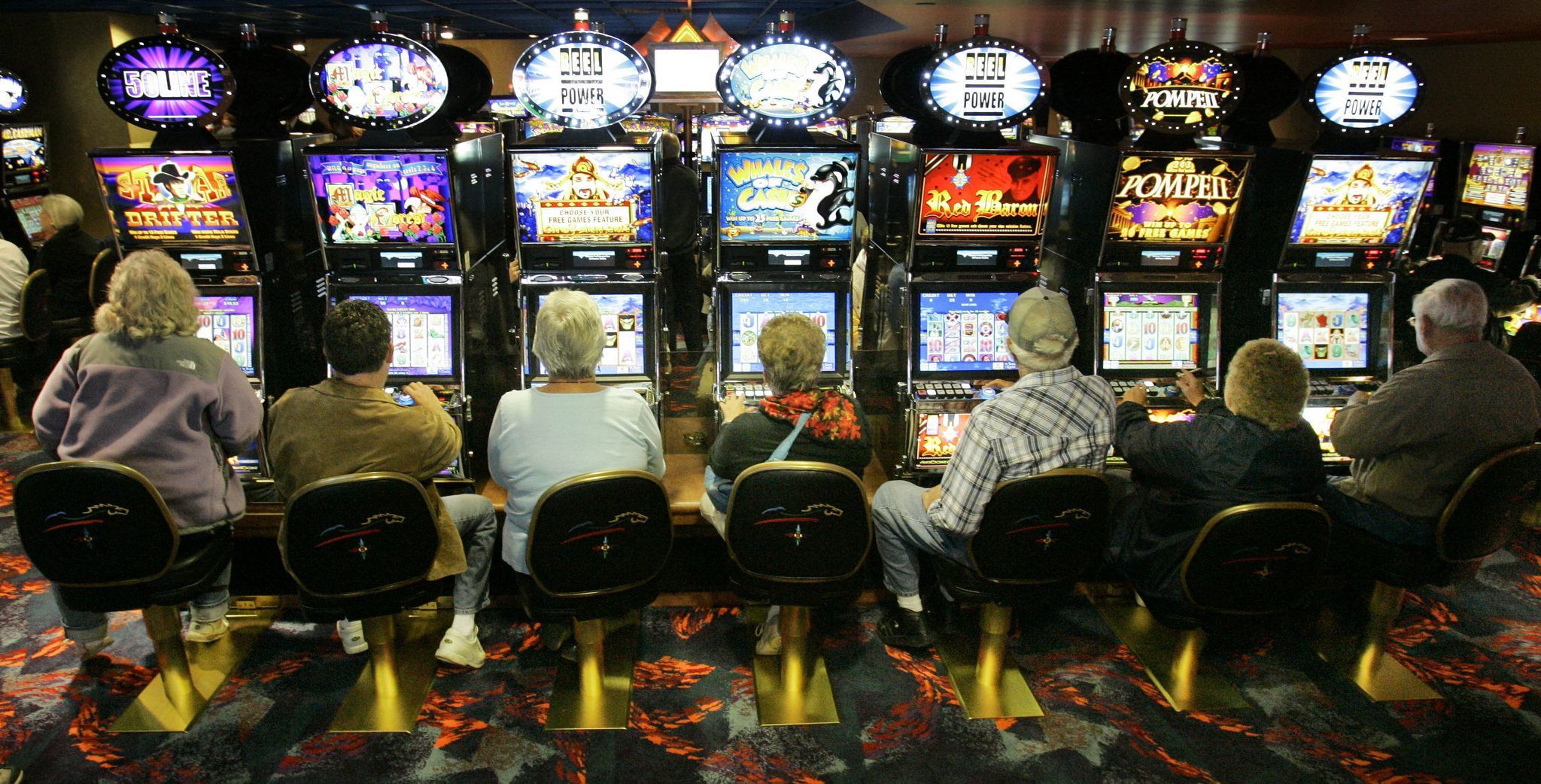Nevada Governor Brian Sandoval Gives Thumb Up to Skill-Based Slot Machines
Posted on: May 23, 2015, 11:10h.
Last updated on: May 23, 2015, 11:14h.

The Silver State’s governor, Brian Sandoval, is no stranger to trend-setting gaming legislation. After all, along with Delaware’s Governor Jack Markell, Sandoval was the first to bring player compacts to online gaming. Now, he’s added something new to his John Hancocks: skill-based slot machines.
Slot machines are generally thought of as a casino’s ultimate games of luck: you pull a lever and find out what happens, with little the player can do to influence the outcome. But a new piece of legislation in Nevada aims to change that by allowing for skill-based elements to be placed in slot machines.
Sandoval signed Senate Bill 9 on Thursday, allowing the state’s gaming regulators to adopt rules that would allow for skill to play a role in the outcome of electronic games. Sandoval said that the bill was necessary to keep up with the changing landscape of the gambling world.
“In order for our state to sustain its edge in an increasingly competitive gaming industry, we must continue to expand, evolve, and embrace the potentials found in the 21st century,” Sandoval said in a statement. “This bill allows gaming manufacturers to use cutting-edge technology to meet the challenges prompted by a younger, more technologically engaged visitor demographic.”
Bill Targets Younger Gamblers
The bill was designed to help games that normally appeal to an older audience find a way to connect with younger gamblers who have traditionally shied away from slot machines, instead preferring games like blackjack or poker that allow them to make decisions that impact the outcome of each game. The skill elements could even incorporate arcade-like games, something with which young gamblers are likely to have plenty of familiarity.
The bill was seemingly a no-brainer for Nevada. Both houses of the state legislature passed the bill unanimously, and Sandoval had lent his support to it as well.
AGEM Calls Bill “Monumental”
This legislation was initially proposed by the Association of Gaming Equipment Manufacturers (AGEM), which said that the bill could eventually change what it means to play slots in a casino.
“I believe we will look back on the passage of SB9 as a monumental moment for the gaming industry and its overall evolution,” said AGEM Executive Director Marcus Prater following the bill’s passage by both houses of the state legislature. “The slot floor will not transform overnight, but this will allow our industry to capitalize on radical new gaming concepts and technologies and give AGEM members the ability to unleash a new level of creativity for their casino customers.”
The American Gaming Association (AGA) also stood behind the bill, saying that it hoped other states with casinos would soon follow in Nevada’s footsteps.
“We applaud Nevada’s leadership on this bill that will allow for innovation among gaming equipment manufacturers and suppliers and help gaming reach a key customer demographic,” said AGA CEO Geoff Freeman.
Skill-Based Bonus Rounds Likely Soon
It’s hard to say exactly how innovative game creators will be able to be under this new law. However, the industry has given some signs of what at least the first generation of skill-based games might look like.
One possibility would be to create skill-based bonus rounds, which would mean that there were variable payouts based on how good a player was at a particular mini-game. One example that AGEM has used is a slot machine that would offer an 88 percent payback as a base, but would include a skill game that, for expert players, could increase that to as much as 98 percent.
One idea floated by AGEM has been skill elements that pit players against each other, perhaps in a race. That could potentially open up the possibility for machines that were both profitable for the casino and for the most skilled players, if casinos wanted to offer such games.
Last Comments ( 1 )
"Vegas 2047" - from the standpoint of existing slot machines, the entire game is a skill-based bonus round! https://www.facebook.com/vegas2047